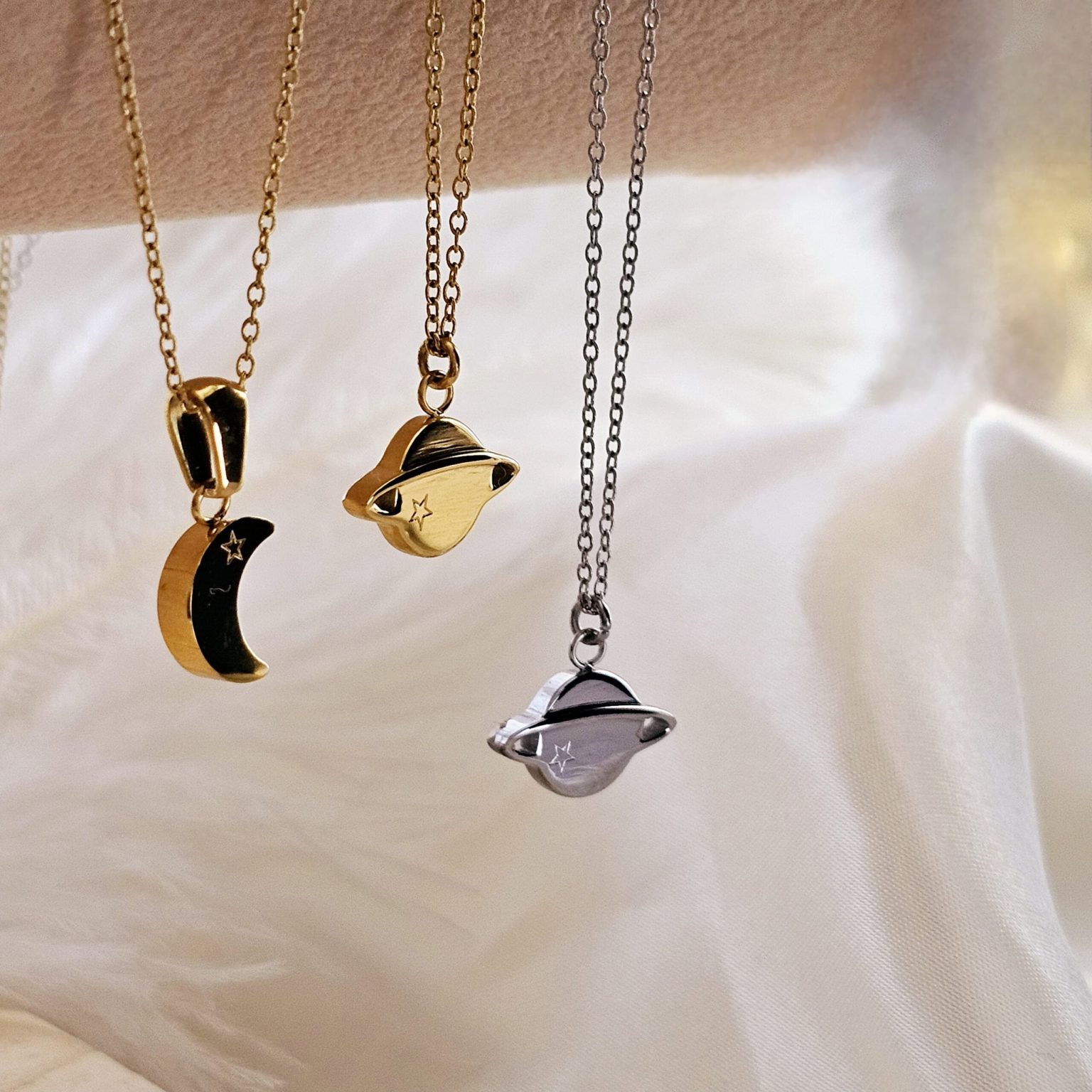We all know that local markets are a hub of artisan skills and creativity, but did you know how diverse the range of jewellery can be? From rings to necklaces, ear cuffs to belly chains and more – but it’s not just the jewellery types that offer such variety, it’s the materials used, too.
Nicki Capewell, founder of Pedddle, the UK’s best artisan market directory, has elaborated. “There is something for every taste and style at artisan markets. We often think of traditional artisan skills as being blacksmithing or silversmithing, which can make great jewellery too, but markets offer much more. Enamelling, wooden jewellery, ceramics, polymer clay and even upcycling / recycling previously used materials – there’s such a huge variety and history of materials that humans have adorned themselves with, and it’s all found at markets!”.
Nicki continues, “small and micro-businesses tend to make smaller batches of jewellery, and can often better keep up with innovation and customisation (if customers seek it), alongside prioritising artisan skills and more ethical practices than bigger brands. For those seeking something more personal and meaningful than mass-produced items, markets are the place to visit.
Amanda, the artisan owner of Bowerbird Jewellery, explains, “I think there’s a growing audience out there who love to wear unusual jewellery or jewellery made using something that is a little bit different. Jewellery is so personal and you can easily reflect your style and personality. Creating jewellery from fabric can make it feel really special to the recipient – I can even make jewellery featuring fabric that the buyer has an emotional attachment to, such as bridal fabric or fabric from a loved one. There’s a growing trend for people being more clever with where they spend their money, favouring handmade items of high quality will always be treasured because you’ve really thought about the recipient and being handmade will outlast all those mass-produced items too! I also use vintage and upcycled fabric from other makers so it keeps these smaller pieces out of landfill!
As well as diverse techniques used in jewellery, market customers are considering the types of jewellery they buy too, and with budgets being tight, this often effects what they buy and how bespoke they want it to be. One market customer, Ruth Mathews, comments “my engagement ring actually came from an artisan market – I wanted something really unique, so me and my partner visited a local market and got the jeweller to further customise it with an engraving inside. It’s the most special piece of jewellery I own”.
However, if customers are looking for a less expensive treat, they lean towards non-metal for an everyday alternative. Amanda from Bowerbird Jewellery, who creates fabric jewellery, said, “Earrings are my bestsellers. They are lightweight and add a pop of colour to any outfit at an affordable price. They are a nice giftable type of jewellery too, but who doesn’t want to treat themselves every now and then!”.
Nicki concludes, “markets allow customers to meet the makers of the products they’re buying, and when it comes to personalising jewellery, especially for a special occasion, this can be a real benefit. Customers get the chance to talk to the jeweller about their process and craft, or find something bespoke. Even the everyday jewellery found at markets has a more unique twist that mass-produced manufactured jewellery. Many jewellers offer workshops and courses as well, which are a great gift idea – I’ve previously taken my daughter on a jewellery making course for her birthday, so not only did we get some quality time together but she got to make a memorable piece she can keep forever!”.
Whether you’re drawn to minimalist metalwork, intricate beadwork or bold wooden creations, local markets provide a one-of-a-kind shopping experience for you to discover jewellery that is as unique as it is beautiful.









